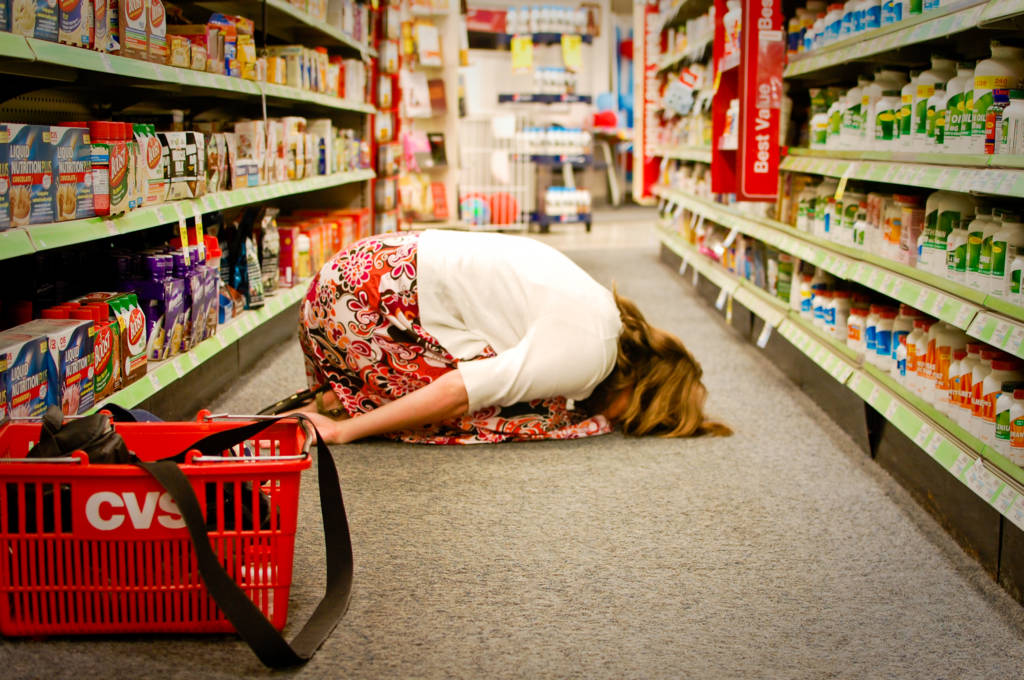D.C. may soon join a growing number of states eliminating sales tax on feminine hygiene products and diapers, regarding them as medical necessities rather than luxury products. Advocates have said that the current tax makes these products an economic burden for low-income and homeless women, unfairly targeting the biological needs of families.
On Sept. 28, the D.C. Council Committee on Finance & Revenue held a public hearing on the Feminine Hygiene and Diapers Sales Tax Exemption Amendment Act of 2016. The act would eliminate the current 5.75 percent sales tax on tampons, sanitary pads and other feminine hygiene products and both adult and children diapers.
The proposed amendment will undergo markup before the D.C. Council’s Oct. 11 legislative meeting. If the amendment to the tax code passes, the District will join the seven states that exempt diapers from sales tax, and eight states that eliminate sales tax for feminine hygiene products. Under the current tax code, medical products such as wheelchairs and crutches are exempt from sales tax, as well as pharmaceutical drugs such as Viagra.
Student lawyer Ayesha Iqbal said in her testimony that feminine hygiene products are medical products. Iqbal represented Bringing Resources to Aid Women’s Shelters (BRAWS), a nonprofit that provides new bras, underwear and feminine products to homeless women and girls in the D.C. Metro area.
Seven councilmembers co-introduced the amendment, led by Councilmember-At-Large Anita Bonds, who called it “a first step to gender equity.”
Councilmember Robert White said at the hearing that he appreciated the initiative as a new parent who understands the cost of buying diapers. “Anything we can do to support families, especially low and moderate income families, we have to do,” White said. “We should be embarrassed that we even have to discuss this.”
The social stigma against menstruation means that nonprofit organizations serving families experiencing homelessness receive fewer donations of tampons and sanitary pads, according to Malorie Schwarz of the Homeless Children Playtime Project, which provides a play space for homeless kids.
“This tax is wrong, especially for low income women,” agreed Holly Seibold, founder of BRAWS.
The D.C. Diaper Bank and BRAWS both provide feminine hygiene products for women experiencing homelessness via donations. The D.C. Office of Tax and Revenue has not yet calculated an estimate of the loss in tax revenue that this amendment would create.






